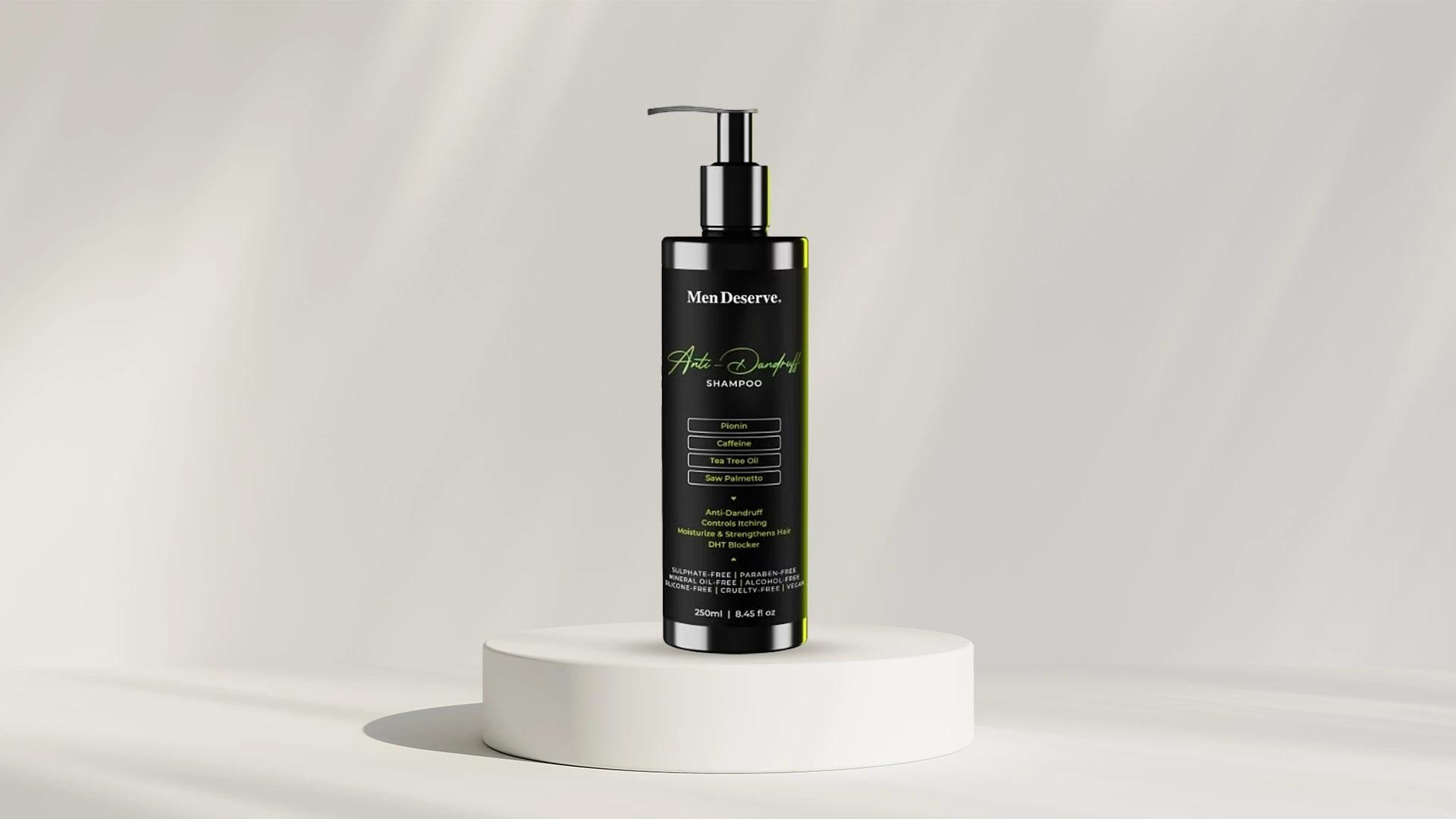We've all been there—looking at our hairbrush with growing concern or noticing more strands than usual circling the shower drain. Hair fall affects millions of women worldwide, and finding the right shampoo can feel overwhelming with endless options promising miraculous results. The truth is, choosing the **best shampoo for hair fall for women** isn't just about grabbing the first bottle that mentions 'anti-hair loss'. Your hair type, lifestyle, and specific concerns all play a role in what might become your holy grail. This guide breaks down everything you need to know, from understanding the science behind hair fall to identifying game-changing ingredients that actually work.
Understanding Hair Fall in Women
Hair fall in women is more common than you might think, but it's rarely talked about openly. Unlike men who typically experience predictable patterns, **female pattern baldness solutions** often require a more nuanced approach because the causes are incredibly varied.
Hormonal fluctuations are one of the biggest culprits—whether it's pregnancy, menopause, or conditions like PCOS. Your diet plays a massive role too. Iron deficiency, lack of protein, or crash dieting can all trigger increased shedding. Stress, both physical and emotional, sends your hair follicles into early retirement mode. Even everyday habits like tight ponytails, excessive heat styling, or harsh chemical treatments can weaken your strands over time.
The good news? Early intervention makes a huge difference. When you notice changes in your hair density or texture, switching to targeted **hair growth products** can help slow down the process and potentially reverse some damage. The key is understanding that hair fall isn't just a cosmetic issue—it's often your body's way of signalling that something needs attention.
Key Ingredients to Look for in Anti-Hair Fall Shampoos
Not all shampoos are created equal, especially when it comes to tackling hair fall. Hair fall prevention requires specific ingredients that target the root causes rather than just masking the symptoms. The most effective formulas combine multiple approaches—blocking harmful hormones, nourishing your scalp, and strengthening existing strands.
DHT Blockers
Dihydrotestosterone (DHT) is basically the villain in most hair loss stories. This hormone attaches to hair follicles and gradually shrinks them until they can't produce healthy strands anymore. **DHT blocking shampoo** ingredients like saw palmetto, pumpkin seed oil, and ketoconazole work by preventing this hormone from wreaking havoc on your follicles. These ingredients are worth trying if you've noticed your hairline changing or your parting looking wider.
Scalp Nourishing Ingredients
Think of your scalp as the soil where your hair grows—if it's not healthy, your strands won't thrive. **Scalp care for women** should focus on ingredients like salicylic acid (which gently exfoliates), niacinamide (reduces inflammation), and botanical extracts like rosemary or peppermint. These create the optimal environment for hair growth while keeping irritation at bay.
Strengthening and Volumizing Agents
For immediate visual impact, **strengthening hair treatments** with biotin, keratin, and various proteins can make your existing hair look fuller and feel stronger. Rice protein and wheat protein are particularly good at adding body without weighing fine hair down. These ingredients won't magically grow new hair, but they'll make what you have look and feel healthier.
How to Choose the Best Shampoo for Your Hair Type
Your hair type determines how well certain ingredients will work for you. What transforms one person's hair might leave another's looking flat or greasy. Understanding your specific needs helps narrow down the overwhelming world of **anti-hair loss shampoo** options.


 250 ml
250 ml 1000 ml
1000 ml 200 ml
200 ml 200 ml
200 ml